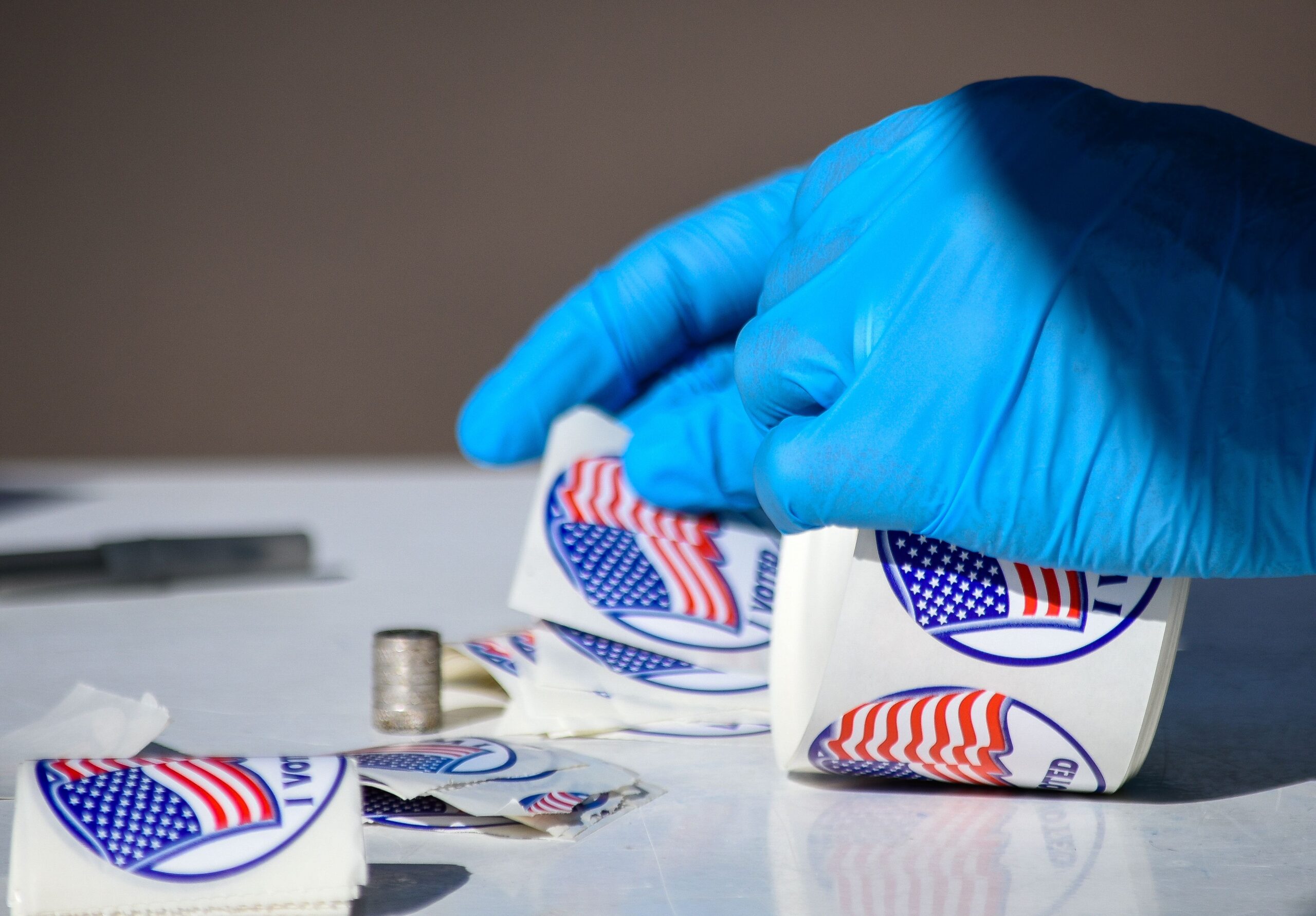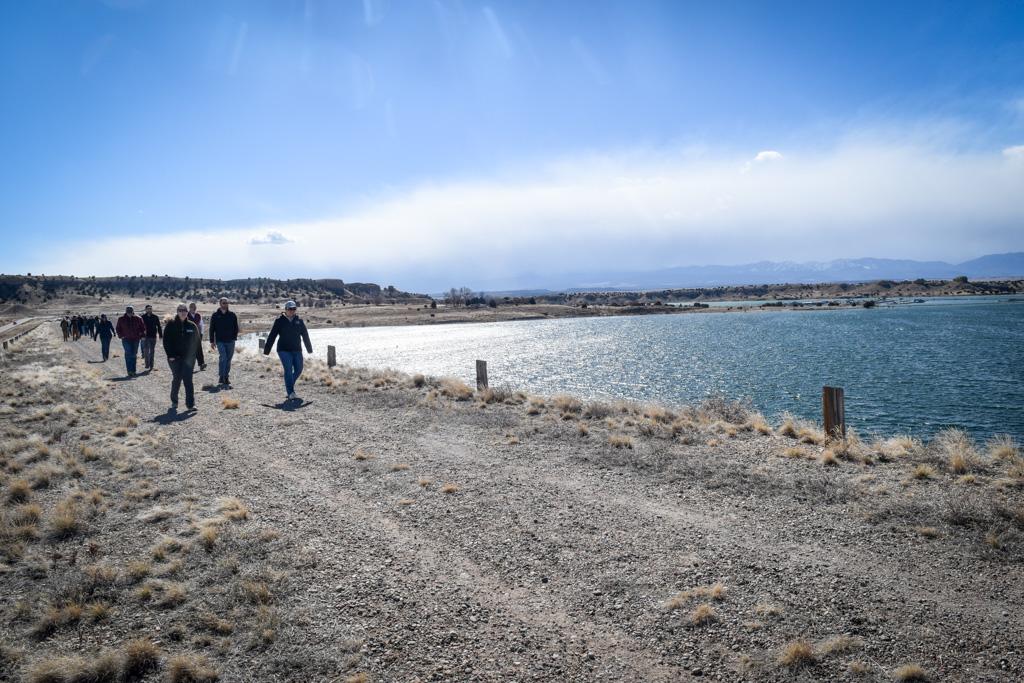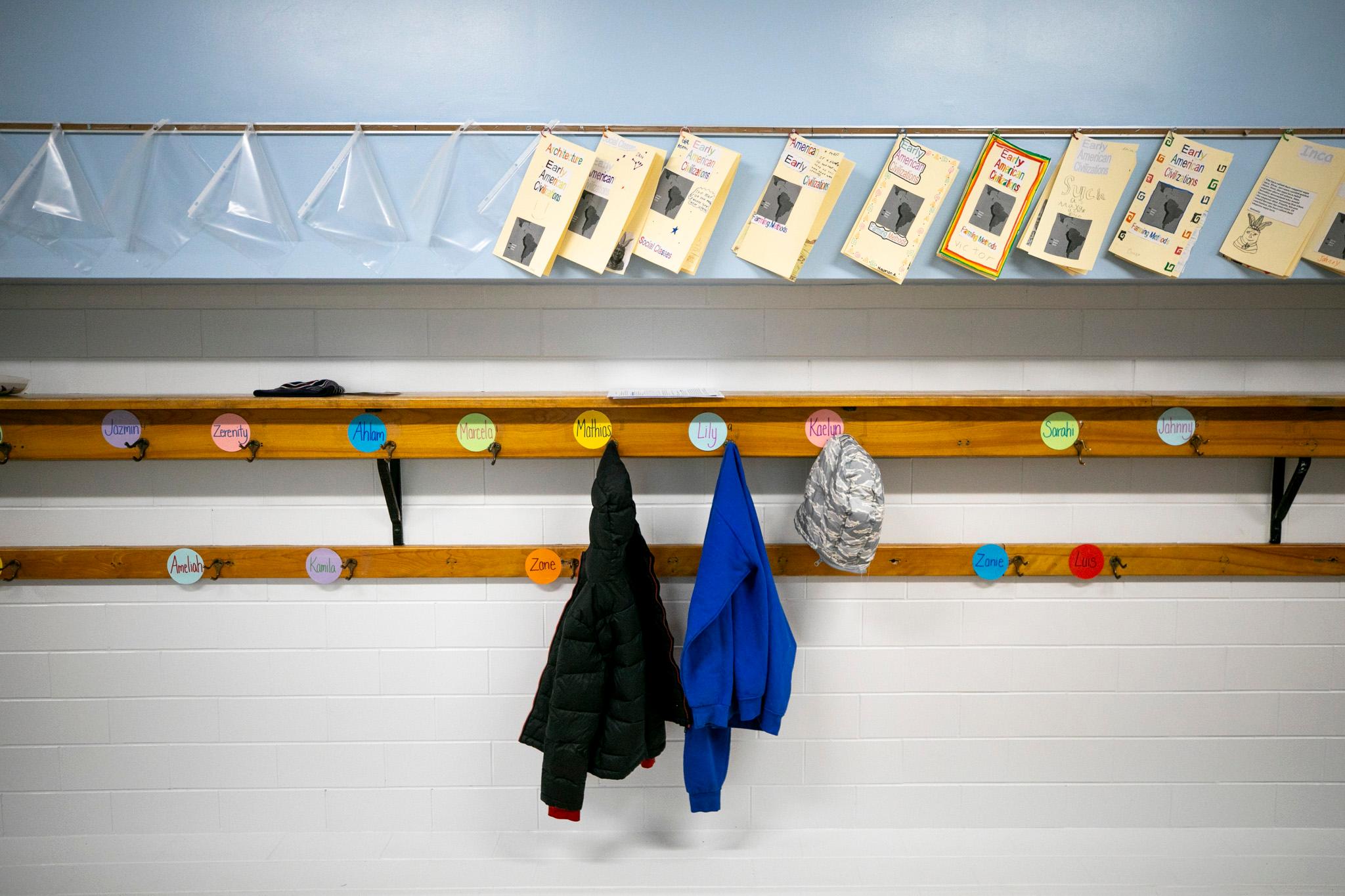
The For the People Act has pride of place for Democrats in the U.S. House, clearly denoted by it’s bill number: H.R. 1.
It is a voting rights, campaign finance, ethics rules and election reform package that aims to increase voter access to the polls and decrease the influence of big money. The bill would strike down hurdles to voting and curb partisan gerrymandering by requiring states to use non-partisan commissions to redraw lines, like Colorado is doing.
All four of Colorado Democratic representatives — Diana DeGette, Jason Crow, Joe Neguse and Ed Perlmutter — have co-sponsored the bill.
At a League of Women Voters of Colorado event Tuesday evening, Neguse noted there are many laws in different states that are disenfranchising voters. And he thinks the bill’s “bold, transformative” reforms will strength America’s democracy.
“With this legislation, Congress will make it easier, not harder, for those legally eligible to vote to do so,” Neguse said. “We’ll end the dominance of big money in our politics and we’ll ensure public officials work for the public interest”
Crow said the act includes his proposal to crack down on mega donors “who hide their political contributions through phony social welfare organizations.”
“If we have learned anything these past few years, it’s that our democracy is in need of reform,” Crow said on the House floor. “We can and must do big things again and it begins by passing H.R. 1.”
If this bill is the number one priority for Democrats, it also tops the list of legislation Republicans hope to defeat this session.
House GOP members, including Colorado’s Lauren Boebert, Ken Buck and Doug Lamborn, have been focused on what they see as the bill’s negatives.
“It's a reckless power grab by Nancy Pelosi & a fundamental attack on our freedoms,” Lamborn said in a tweet.
Both he and Buck tweeted out similar points of issue with the bill. They argue it would limit the power of states to run their own elections and tramples on First Amendment protections for political speech in the form of campaign spending. As Boebert described it on Twitter, the bill is “a disaster.”
The political arguments mirror the wider debate raging between the two parties over election laws and the November election.
In statehouses all across the country, Republican lawmakers have introduced bills that would make it harder for people to vote, from eliminating same-day registration to shortening early voting periods.
Colorado, where the all-mail ballot system has been touted the gold standard and where Buck, wearing his hat as chair of the state GOP, said there was no fraud, has seen several bills of this sort so far this year. At least five election-related bills, including a voter ID bill that was struck down by the courts in Kansas, have been introduced by Republicans in the state legislature.
With Democrats in complete control of Colorado’s legislature, none of the Republican bills are expected to advance. One measure has already been voted down in committee and three more have their first — and likely last — hearing on March 8.
If there is one thing both sides agree on, H.R. 1 would be the largest overhaul of elections laws in decades. One that could have deep ramifications at a time when the country is divided politically.
"It’s designed to put a thumb on the scale in every election in America so that Democrats can turn a temporary majority into permanent control,” Minority Leader Kevin McCarthy said.
But House Speaker Nancy Pelosi said the bill puts, “American people back in charge of the republic.”
“It will hold elected officials accountable, establishing tougher ethics and ... conflict of interest rules for all government officials to ensure that public officials are working for the public,” Pelosi said.
The bill is expected to pass the House and has the backing of President Joe Biden. The real hurdle is the same it faced in the last Congress — the Senate. Even with Democrats in control, at least 10 Republicans would have to cross the aisle to get past the filibuster threshold.
If it did pass it would also face almost certain legal challenges.









